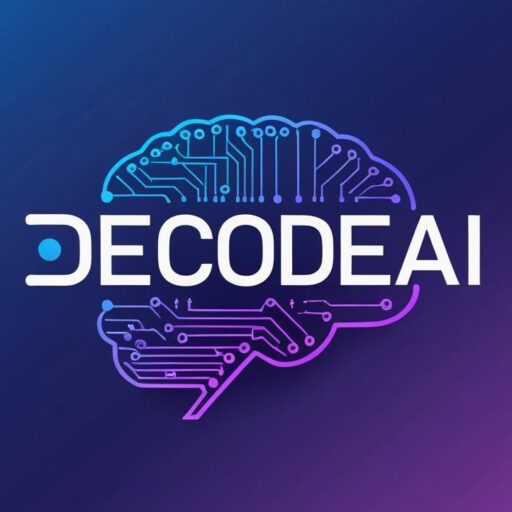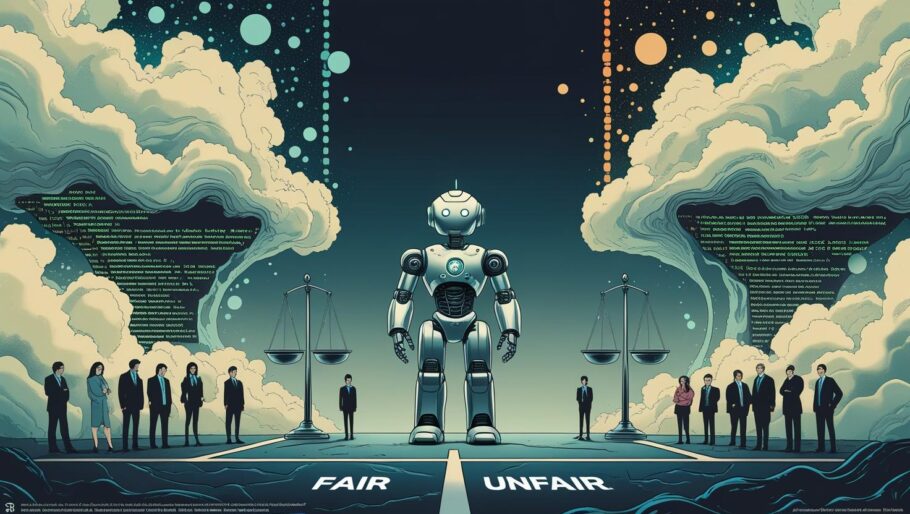Contents
What Is Bias in AI and How to Avoid It?
Understanding Bias in AI
Bias in Artificial Intelligence (AI) refers to systematic errors in the output of an AI system caused by prejudiced assumptions in its training data or algorithms. This can lead to unfair treatment of certain groups, incorrect predictions, or unethical outcomes in real-world applications.
What Causes Bias in AI?
- Biased Training Data: If the data used to train an AI model reflects existing human prejudices or lacks diversity, the model will learn and reproduce those biases.
- Algorithm Design: Sometimes, the mathematical models and logic used in the algorithm unintentionally favor certain outcomes.
- Feedback Loops: AI systems can reinforce existing biases when their outputs are used to make future decisions without correction.
Real-World Examples
Examples of AI bias have surfaced in areas like facial recognition, hiring algorithms, loan approvals, and healthcare. For instance, some facial recognition systems have shown higher error rates for darker-skinned individuals due to underrepresentation in training datasets.
How to Avoid Bias in AI
- Use Diverse and Representative Datasets: Ensure your training data includes a wide range of demographics, environments, and behaviors.
- Perform Bias Audits: Regularly test your model for bias during and after development.
- Involve Diverse Teams: Having a multidisciplinary and diverse team can bring multiple perspectives and help spot potential issues early.
- Use Fairness-Enhancing Tools: Leverage open-source libraries and frameworks that help detect and reduce bias.
- Transparent Documentation: Clearly explain how data was collected, models were trained, and how decisions are made.
Why Bias in AI Matters
Unchecked bias in AI can amplify social inequalities and cause harm. It’s critical to create AI systems that are not only accurate but also fair, transparent, and accountable. This is especially important as AI plays a growing role in decision-making across industries.
Conclusion
Bias in AI is a real and important challenge. But with awareness, the right tools, and intentional practices, developers and organizations can build more ethical and equitable AI systems. The future of AI should be fair — and we all have a role to play in shaping it.

